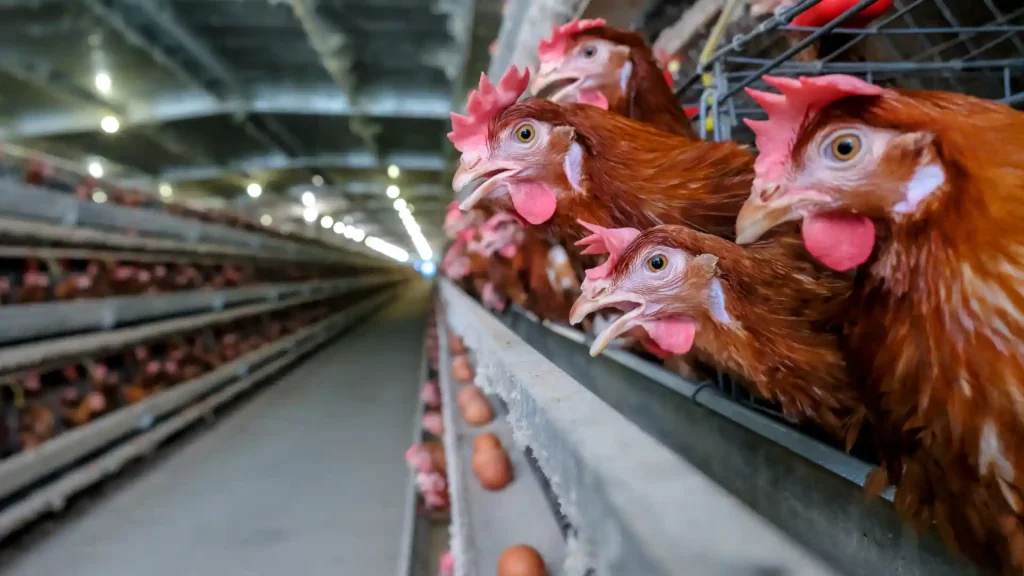The industry is worth almost $4.2 billion and contributes 25% of Nigeria’s agricultural gross domestic product
The Poultry Association of Nigeria (PAN) is worried because more than half of Nigeria’s poultry farms closed in 2023. The industry is in a paralyzed stage due to inflation, shortage of grains, the effects of the COVID-19 pandemic, and the floating of the naira that has forced a steep increase in the cost of goods and services.
The PAN stated that more than half of its members had to shut down their poultry farms last month. This means if there were two poultry farms last year, now one is closed. This is a piece of bad news and shows how hard things are for the industry. This is not just confined to farms but has effects on the whole country as it can hit the economy hard and affect millions of Nigerians who depend on chicken meat for cheap protein.
The poultry industry is super important for Nigeria’s economy. It gives people jobs and makes sure that there’s enough food for everyone. But now, with so many farms closing, Nigeria’s economy is in trouble. People are losing jobs, and the prices of eggs and chicken are going up a lot. This makes life even harder for everyone.
The industry is worth almost $4.2 billion and contributes 25% of Nigeria’s agricultural gross domestic product, moreover, the industry provides 25 million jobs and is also responsible for about 6% to 8% of the country’s total GDP, which is dropping alarmingly as farms close.
One big reason for all these problems is that it costs a lot more to run a poultry farm now. The price of feed has also gone up from 9,600 naira to 13,700 naira, which has pulled up the price of chicken and eggs. The price of a crate of eggs has gone up from 1,200 naira at the start of last year to at least 4,000 naira. This makes it hard for farmers to make money. And when farmers struggle, it affects everyone.
A senior analyst at sociopolitical risk consultancy for SBM intelligence said that if the farms are closed down it also means that people are losing their jobs, people getting out of their business and the government will also be not able to expect tax returns from those farms.
But it’s not just about money. There are also big problems with safety. Some parts of Nigeria are not safe, especially for farmers. And some diseases can make the chickens sick, which makes things even worse.
To fix these problems, first, the government should find ways to make it cheaper to run a farm. Maybe providing facilities to grow the food for the chickens, instead of buying it from other countries, making sure that the chickens stay healthy and are safe from diseases and have proper medications if necessary.
There should also be some initiatives to help farmers learn new ways to make their farms better. This could mean giving them money to help or teaching them new ways to farm. Ensuring that the government gives the necessary support and makes sure there is enough supply of grains to the poor communities to ease their tough time and other supplements required for the farms.
The State for Agriculture and Food Security minister said last December that the government was putting in place measures to help farmers and is intervening to address some of these challenges, boost productivity, and enhance sustainability in the poultry industry in Nigeria.
The country will only achieve sustainable growth and resilience for its major industry by ensuring food security, economic development, and livelihood opportunities. The officials should actively implement comprehensive and holistic solutions to overcome this phase of industry dip.
